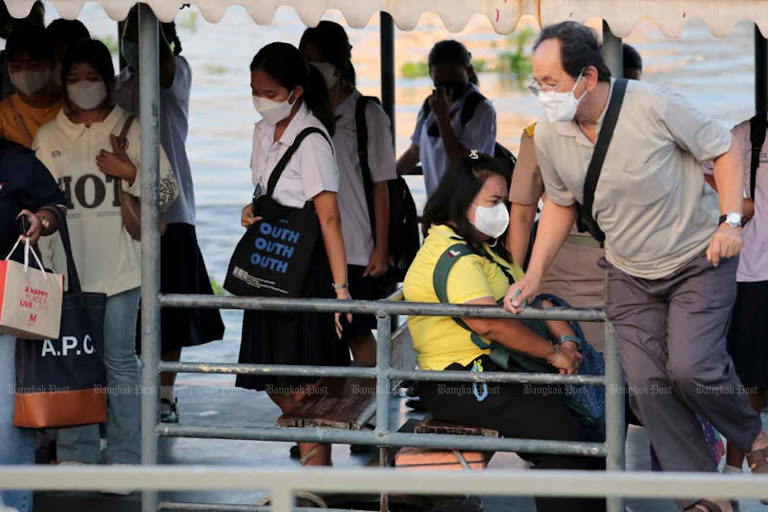Thailand Warns: XEC COVID Variant Spreads Dangerously Fast Now
XEC variant strains resources as infections surge, disproportionately impacting the elderly with 80% of recent COVID-related fatalities.

Thailand’s Covid-19 Resurgence: A System Under Pressure
As Thailand navigates its 21st week of implementing disease control measures this year, a familiar specter has returned: a rapidly spreading Covid-19 variant. The XEC variant, a descendant of Omicron, is causing significant concern, highlighting the persistent challenges in managing infectious diseases in a globalized world. The Public Health Ministry is reportedly diverting resources to protect vulnerable groups, but the numbers paint a sobering picture.
With over 108,000 cases and 27 deaths recorded since the start of the year, the XEC variant’s transmissibility is the key factor driving the current response. According to Dr. Teera Woratanarat, from Chulalongkorn University’s Faculty of Medicine, this strain of Covid-19 is spreading nearly seven times faster than influenza, a stark figure that underscores the urgency of the situation. This isn’t just about raw infection numbers; it’s about the potential strain on the healthcare system and the disproportionate impact on vulnerable populations, particularly the elderly. The data reveals a disturbing trend: 80% of the deaths have occurred among senior citizens, reinforcing the critical need for targeted interventions and robust vaccination strategies.
The situation also raises crucial questions about the effectiveness of current control measures and the long-term strategies for managing Covid-19. While the XEC variant may not be exceptionally severe, its rapid spread amplifies the risk, necessitating a proactive approach that goes beyond mere reactive measures. We’re witnessing the dynamic interplay between viral evolution, public health policy, and societal behavior, all converging to shape the trajectory of the pandemic’s ongoing phase.
The Bangkok Metropolitan Administration’s call for schools to closely monitor cluster infections among students speaks to the layered approach needed. But it also brings up other questions:
- Vaccination rates: What are the current vaccination rates across different age groups and how are they impacting the severity of infections?
- Resource allocation: Are healthcare resources being strategically allocated to address the areas most affected by the XEC variant, or are there systemic inefficiencies hindering the response?
- Communication strategy: Is the public receiving clear, consistent, and accurate information about the risks and preventative measures, or is misinformation fueling complacency and hindering efforts to contain the spread?
These are not just epidemiological questions; they are questions about governance, public trust, and the fundamental responsibilities of the state in protecting its citizens.
The broader context underscores a challenging reality: Covid-19 is likely to remain an endemic disease, requiring continuous adaptation and refinement of public health strategies. The rise in hospital patients, with a 35.5% increase from the previous week, adds a layer of complexity. These are not abstract statistics; they represent individuals, families, and communities grappling with the ongoing effects of the pandemic.
The situation in Thailand highlights a critical tension in the post-pandemic era: the desire to return to normalcy versus the persistent need to manage the ongoing risks posed by evolving variants. This demands a recalibration of our collective understanding of risk, responsibility, and the role of public health institutions in navigating this new reality.
Ultimately, Thailand’s experience with the XEC variant offers a valuable case study in pandemic management, underscoring the importance of vigilance, adaptability, and a commitment to evidence-based decision-making. It reminds us that the fight against Covid-19 is far from over, and that sustained, concerted efforts are essential to protecting public health and mitigating the long-term consequences of this ongoing global crisis.









